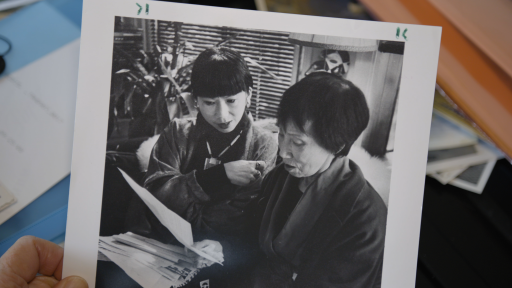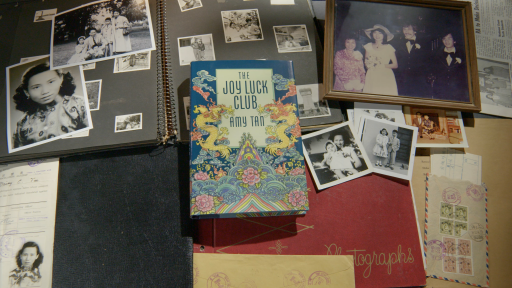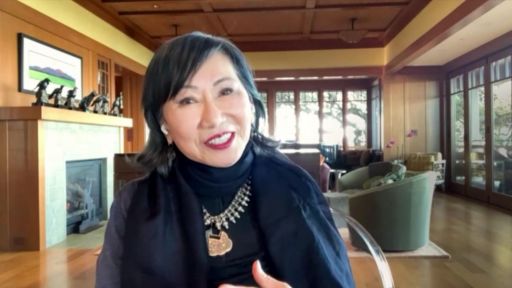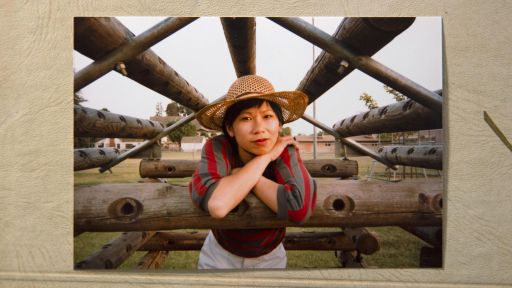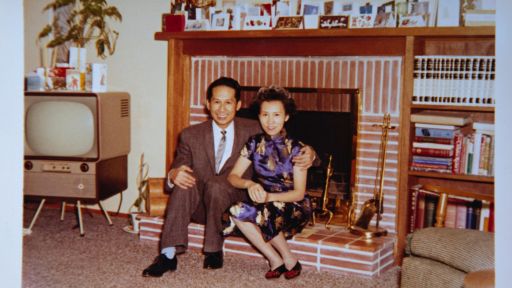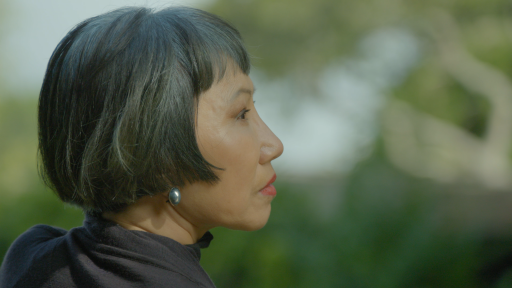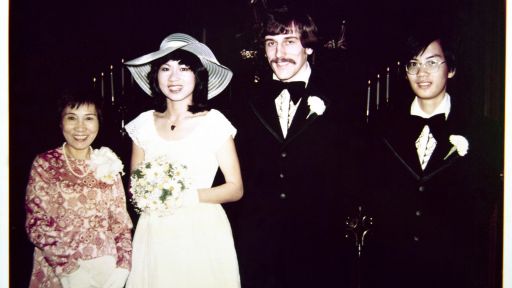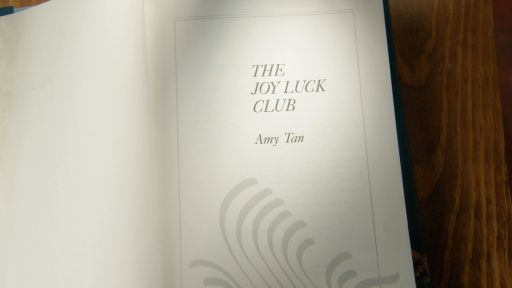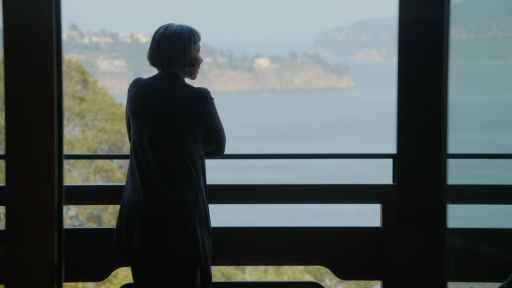When Amy Tan published “The Joy Luck Club,” she hadn’t expected that it would thrust her into the world of celebrity. As thrilled as she was about the novel’s success, she was also intimidated. She was under insurmountable pressure to create another book – and it needed to be as good, or better, than the last one. It was an enormous burden to carry.
Tan felt the eyes of the world were on her – and found writing nearly impossible under the circumstances. She worried that if she was writing for others, instead of for herself, her work would suffer. Writing was an intimate and personal process for Tan. She was reluctant to let go of that visceral experience.
“When I was young,” Tan remembered, “I really craved privacy, and I think it was, in part, to get away from the demands and family chaos, and I would go in my room and I would draw, and that is something I had with my fiction at one time. It was private, and I wrote it for my own reasons to be in that place. And when you have a lot of expectations, the little private room is very crowded with editors and agents and fans and detractors, and all of that made it very difficult to write.”
It wasn’t long before writing became a chore for Tan, rather than the therapy it once had been. She hardly looked forward to it any more. “I was writing in a different place,” she explained. “It was not as meditative, it was full of anxiety. I felt the burden of expectations a lot.”
Tan was in the midst of this existential crisis when she received an email from San Francisco-based literary escort Kathi Kamen Goldmark. Goldmark was founding a rock band, exclusively for authors — just for fun.
Tan responded to the email right away. She wanted to join the band. She hoped it would provide an opportunity to let off some steam while connecting with fellow authors. It could actually be fun. At the time, she didn’t anticipate that the band would also help her overcome her anxiety and reignite her creative spark.
The band was called The Rock Bottom Remainders, an apt reflection of Tan’s own feelings at the time. Fellow band members included Stephen King, Ridley Pearson, Matt Groening, Barbara Kingsolver, and Dave Barry, among others. Tan was hooked from the first performance.
The Rock Bottom Remainders initially gave Tan something she had not fully experienced since publishing “The Joy Luck Club”: a sense of relief. The pressure she felt so crushed by was lifted. It was a euphoric feeling.
“I realized this was my outlet for the kind of boxed-in feeling of being in public. Because there were no expectations. There is no reviewer. It was just for the fun of doing it. And that was immediate and it was exhilarating, you couldn’t expect it.”
The band went all out for its performances. They played covers of classic rock songs – Tan herself leading a cover of “These Boots are Made for Walkin'” by Nancy Sinatra. Members dressed in elaborate and eccentric costumes, in stark contrast to their usual no-nonsense professionalism. One of Tan’s favorite costumes featured a black leather jacket and a whip.
The Rock Bottom Remainders ultimately opened Tan’s world and rekindled her love for writing. She learned to value risk, fun, and freedom, all of which she brought into her work. She no longer believed she was on the verge of crumbling under the pressure. She had built up the strength to endure and to thrive.
“I feel like to have fun, I sometimes have to take risks. Being in the band taught me that. You have to go beyond what you’re comfortable with. And you can’t just imagine the dangers and the horrible things that could happen at the end of that as a consequence. You have to just be there and have a great time. And with a lot of risky things, the potential for having fun is so much greater, because you find these things in yourself where you just have to go to an extreme.”
Tan began to approach everything she did with a sense of fearlessness. As she opened her heart to the concept of risk and reward, her world also opened. Her fearlessness became a guiding force that enabled her once again to find sanctity and joy in her writing.
“I used to be scared of swimming in the ocean,” she remembered, “and then one day I actually looked under with goggles and I saw this beauty. And it built from there until more recently, I went swimming with the sharks. And I’d watch these sharks, looking at me like, ‘Who are you? What are you doing here?’ I just loved that.”
Thus, what started as a whimsical impulse turned out to be a life changing decision for Tan. Today, she has a new approach to her writing: “I just have to let go of self-consciousness for it to spill out freely, as if all I’m doing is listening to music.”


